As the British Museum struggles to pick up the pieces amid the festering theft scandal, there have been renewed calls for the institution to return items it took from other countries.
The British Museum in mid-August dismissed a staff member after items from its collection, including gold jewelry and gems of semiprecious stones, dating from as far back as the 15th century B.C., were found to be missing, stolen or damaged.
Around 2,000 antiquities have reportedly been stolen from the British Museum. Its director Hartwig Fischer resigned the following week, admitting that the museum "did not respond as comprehensively as it should have in response to the warnings (of thefts) in 2021."
Early this month, former Victoria &Albert Museum chief Mark Jones was named as the British Museum's interim director.
"We (have) called in the police, imposed emergency measures to increase security, set up an independent review into what happened and lessons to learn," the British Museum told Xinhua on Monday.
But even as the museum seeks to maintain a sense of normalcy in its operation, industry professionals have expressed both shock at the vulnerability of such a high-level institution and doubt that the lost items can be all retrieved. It's reported that not all of the items were properly catalogued and registered.
"We get reports almost every single day from various museums, cultural institutions and churches around the world that have had thefts. But what was so shocking was that this happened at the British Museum, one of the most important and well-funded institutions in the world," said Christopher Marinello, CEO of the Art Recovery Group.
Marinello said that failing to catalogue the items is "nothing short of malfeasance," as those not catalogued will most likely never be returned to the museum.
With suspicions about the British Museum's ability to keep the artefacts safe, many countries have renewed calls to demand the return of the items that belonged to them.
"We want to tell the British Museum that they cannot any more say that Greek cultural heritage is more protected in the British Museum," Despina Koutsoumba, head of the Association of Greek Archaeologists, told the BBC recently. "It is obvious that it is very well protected in Greece and not in the British Museum."
The Greek government has been demanding the British Museum return the Elgin Marbles it took in the 19th century.
Stephane Dujarric, the spokesman for UN Secretary-General Antonio Guterres, said that he hoped that the British Museum thefts can be fully investigated by the police. He made the comments when answering China Media Group reporter's question about whether antiquities should be returned to the country where they come from if a museum can't protect them.
"It's shocking to hear that the countries and museums that have been telling us that the Benin Bronzes would not be secure in Nigeria, have thefts happening there," Abba Isa Tijani, director general of Nigeria's National Commission for Museums and Monuments, recently told Sky News.
"They are the subject of loot. They were illegally taken out of the country," Tijani said. He demanded the British Museum give back the Benin Bronzes, which British forces took in 1897.
"It is irrespective whether they are safe there. That is not an issue. The issue is that these are stolen artefacts, and they should be returned to Nigeria to the communities that they belong to," he added.
Bell Ribeiro-Addy, chair of the All-Party Parliamentary Group for Afrikan Reparations, threw light on the "insulting ridiculousness" of the British Museum's refusal to return artefacts to their country of origin on security grounds.
"One of the most insulting reasons that they've given is that the other countries that these items belong to would either not be able to take care of them or they are likely to be stolen," she said. "But you've got people in this country putting them on eBay."












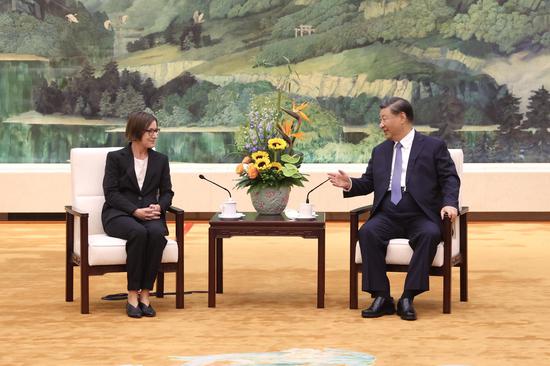
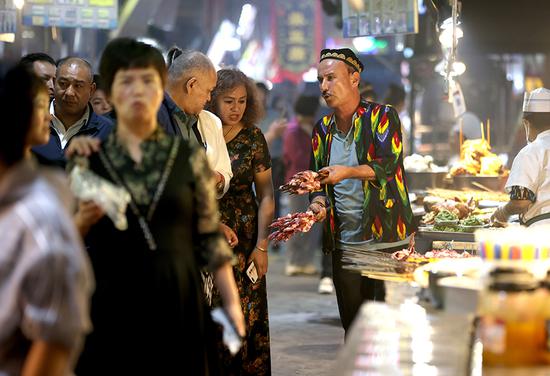

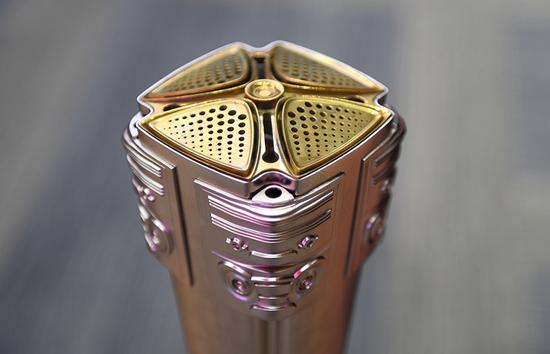











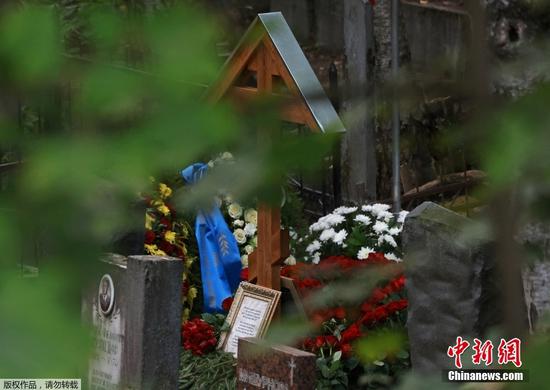
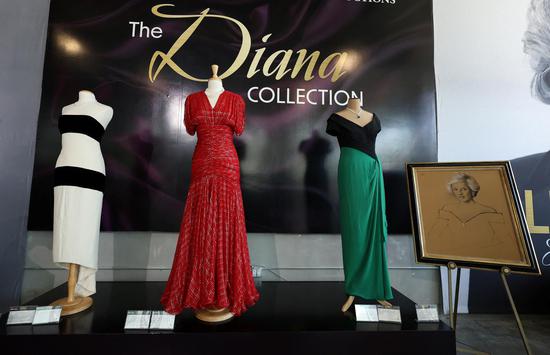
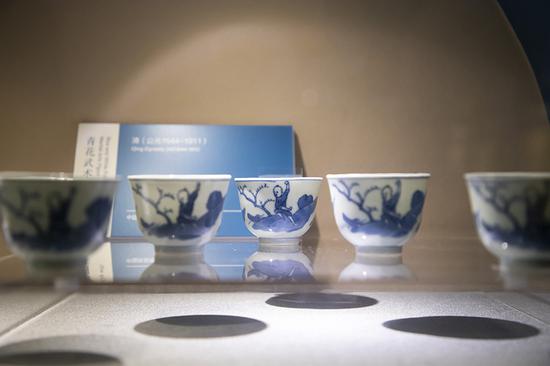









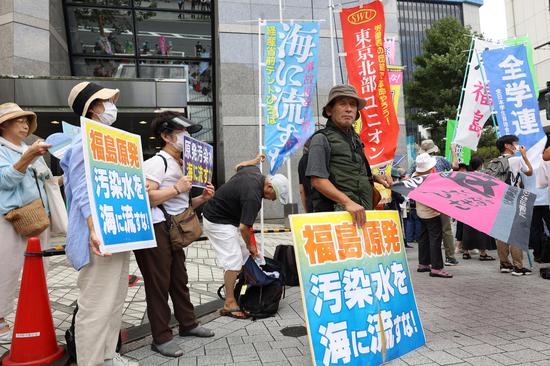

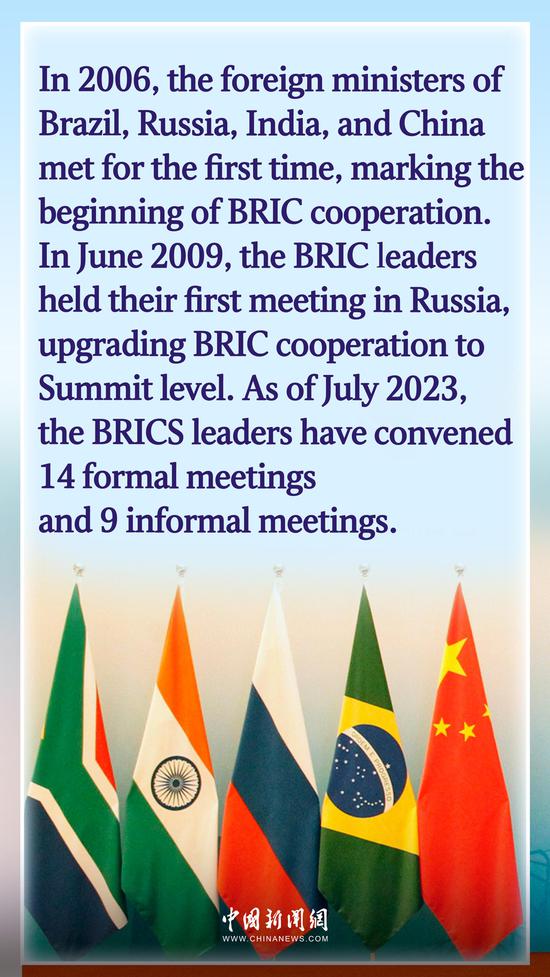


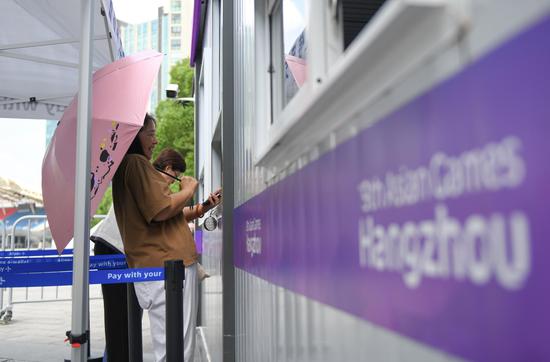





 京公网安备 11010202009201号
京公网安备 11010202009201号